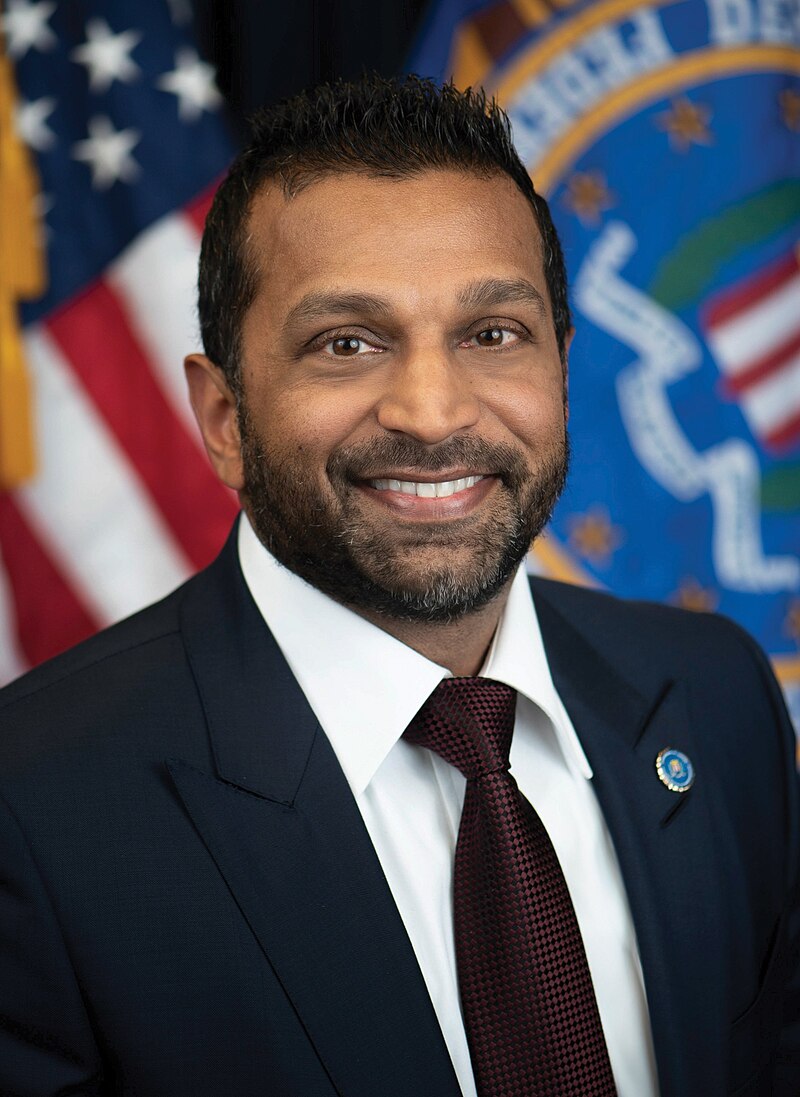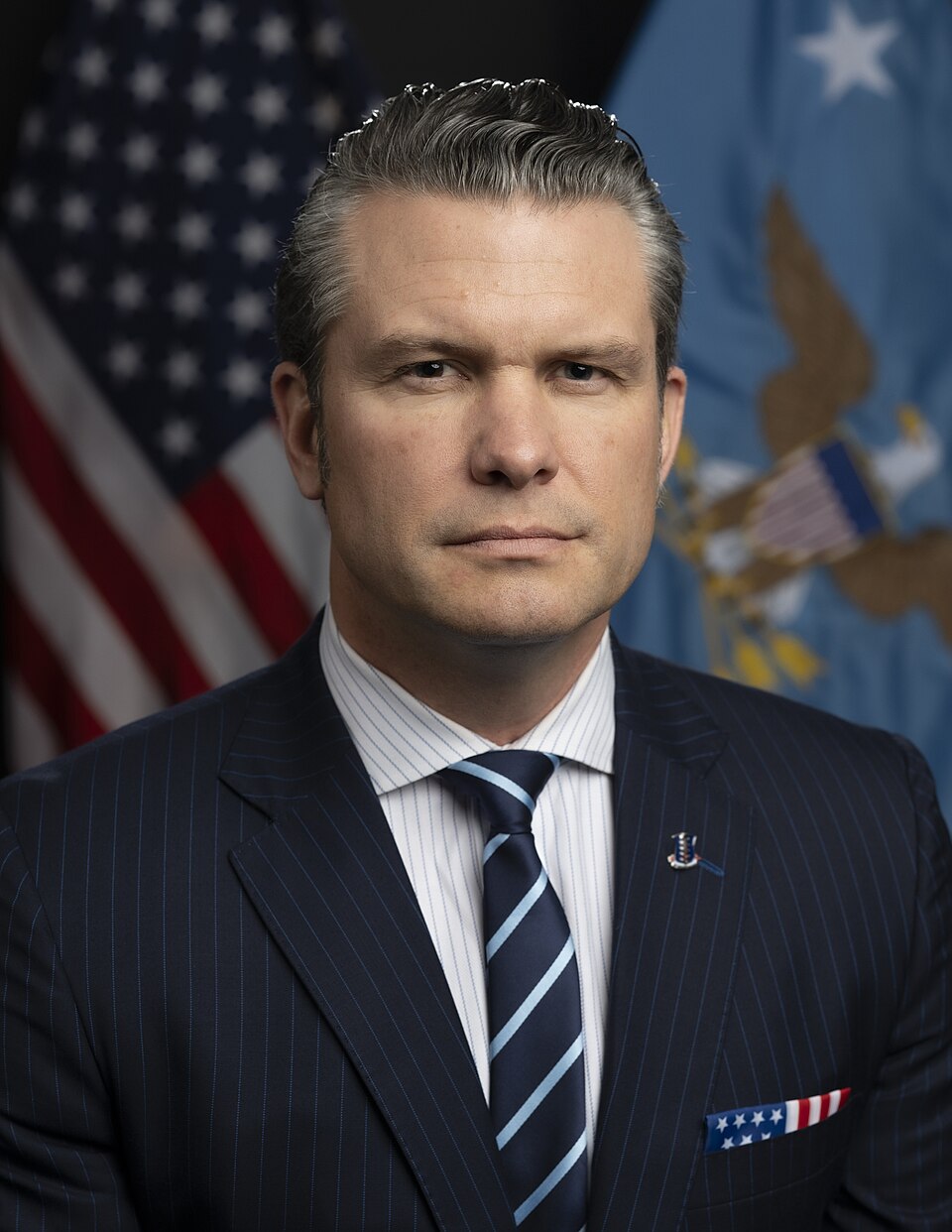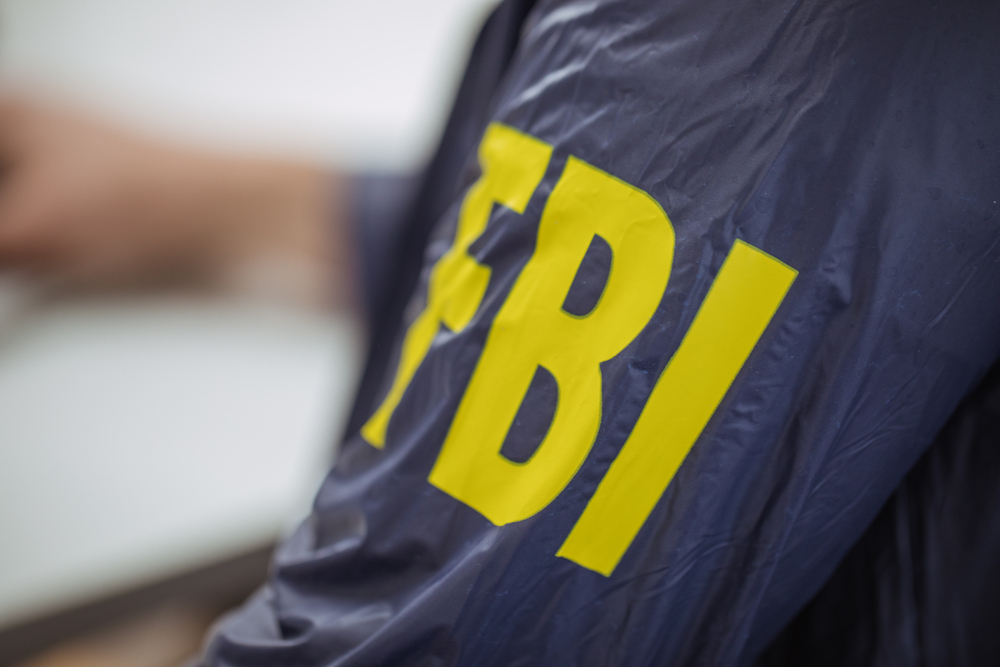 By Allan Lengel
By Allan Lengelticklethewire.com
Assassin Lee Harvey Oswald quickly became a household name. For the most part, many to this day, have never heard of former FBI agent James P. Hosty. But there was a well-known link between the two.
Hosty, who died of prostate cancer on June 10 at age 86 in Kansas City, Mo., started investigating Oswald, a suspected communist agitator, weeks before the assassination of President Kennedy, according to the New York Times. In early November, he tried to track Oswald down, but had no luck.
The Times reported that Oswald had come to the attention of authorities after returning to the states in 1962 with his Russian wife after trying, without success, to settle in the Soviet Union.
The Times reported that Oswald had previously been interviewed by other FBI agents, who noted in reports that he was an avowed communist, a potential spy and a heavy drinker. It said nothing about him being a potential assassin.
The Times reported that Hosty finally caught up with Oswald on Nov. 22, 1963, at Dallas Police headquarters where he was being held after being accused of killing Kennedy and a Dallas cop.
At a Congressional hearing, according to the Times, years after the assassination, Hosty told a Congressional committee years why he did not alert the Secret Service about Oswald: “The only thing that we could tell the Secret Service was a direct threat to the president. He made no direct threat to the president. Therefore we could not tell them.”
In 1964, before the Warren Commission, he admitted getting a letter from Oswald weeks before the assassination, protesting Hosty interviewing his wife Marina twice at their home while Oswald wasn’t there, the Times reported. He admitted destroying the letter on the day Oswald’s assassin Jack Ruby was killed.
The Times reported that Hosty admitted some mistakes.
But he wrote in his memoirs that the FBI erred by trying to eliminate any evidence that might suggest the bureau might have had a hint of Oswald’s plans to kill Kennedy. The bureau also tried to portray him as a bumbler.
“I came to understand that one of our jobs was to protect the bureau’s image at all costs,” he wrote.
To read more click here.




